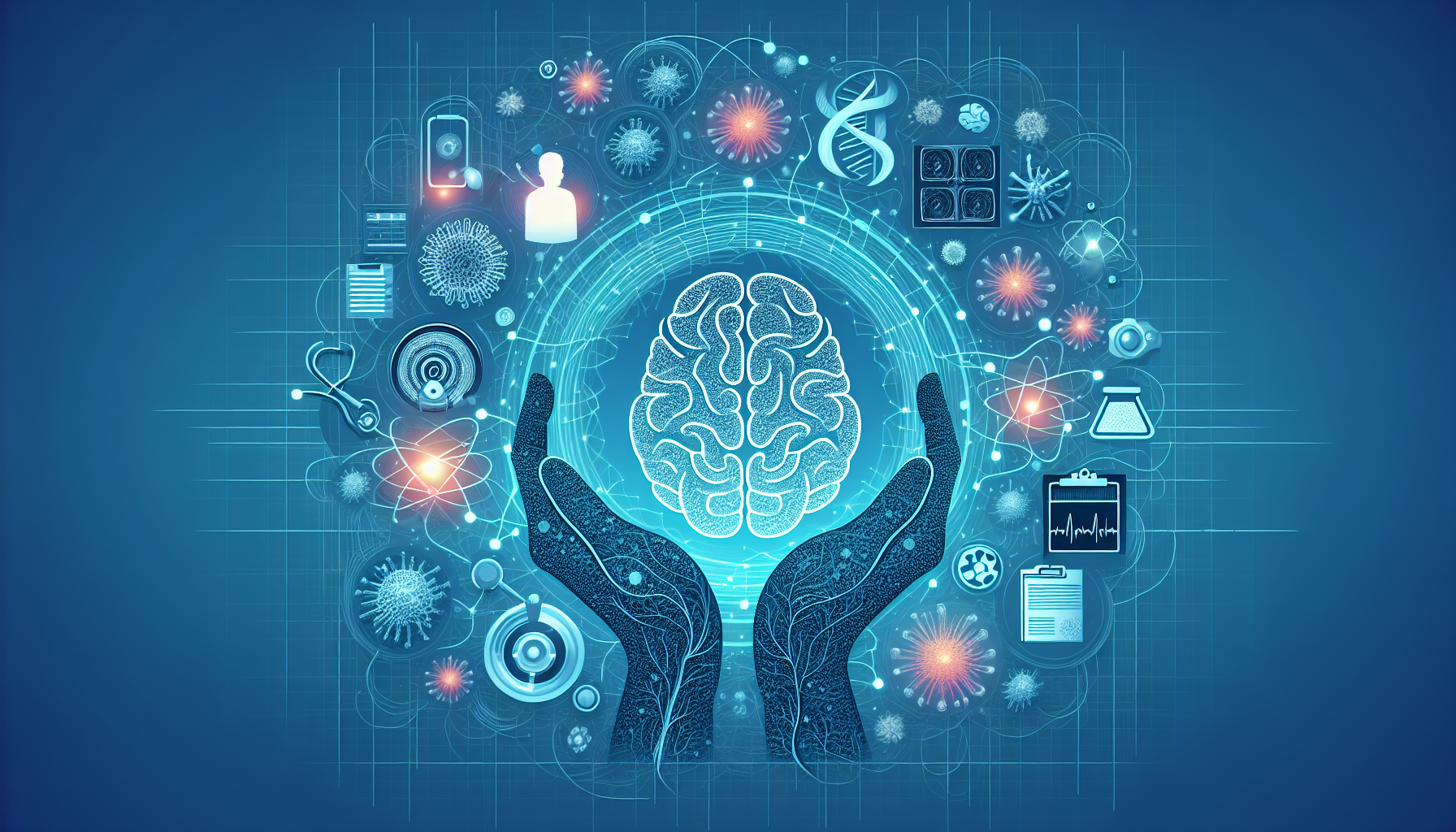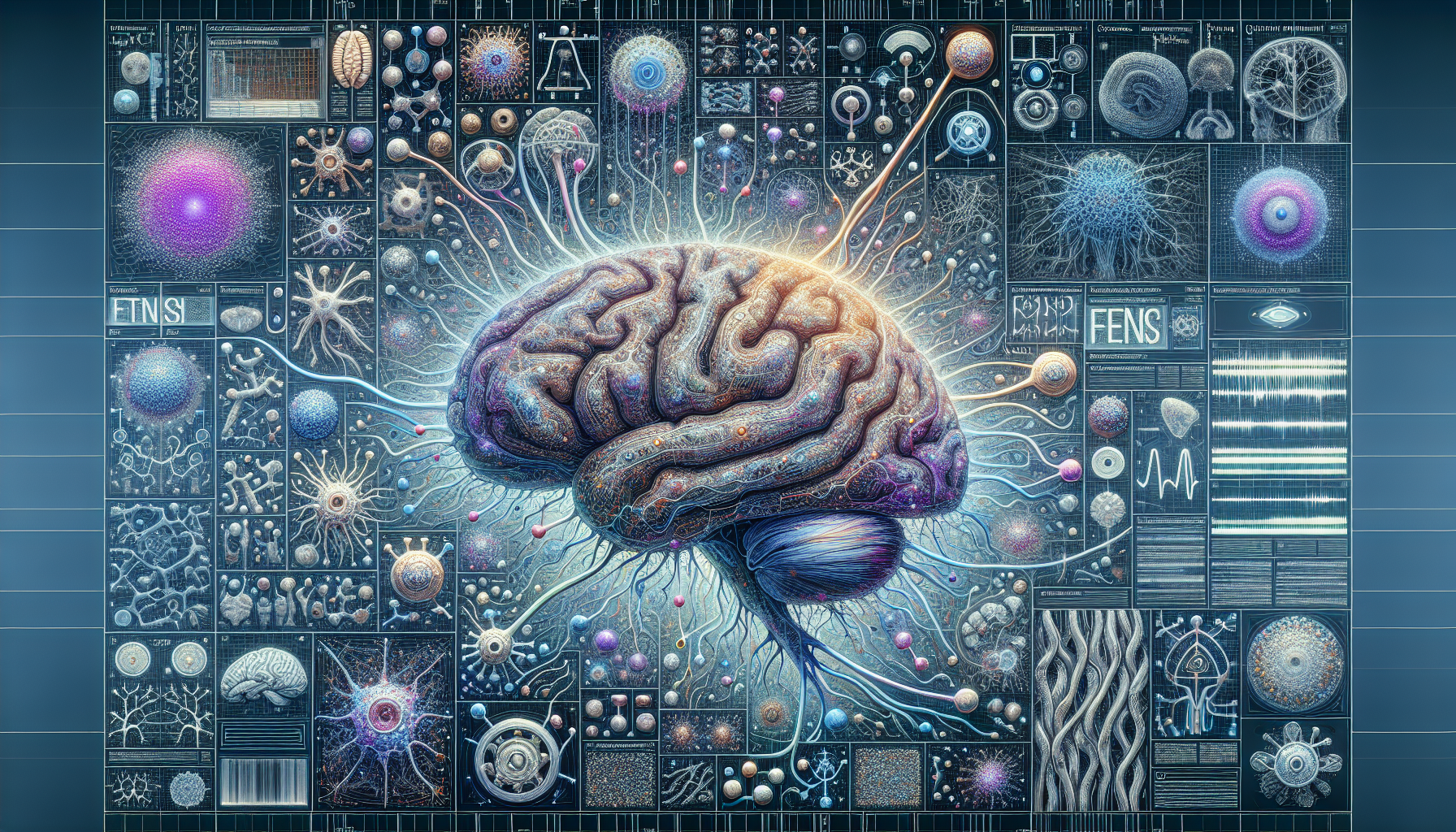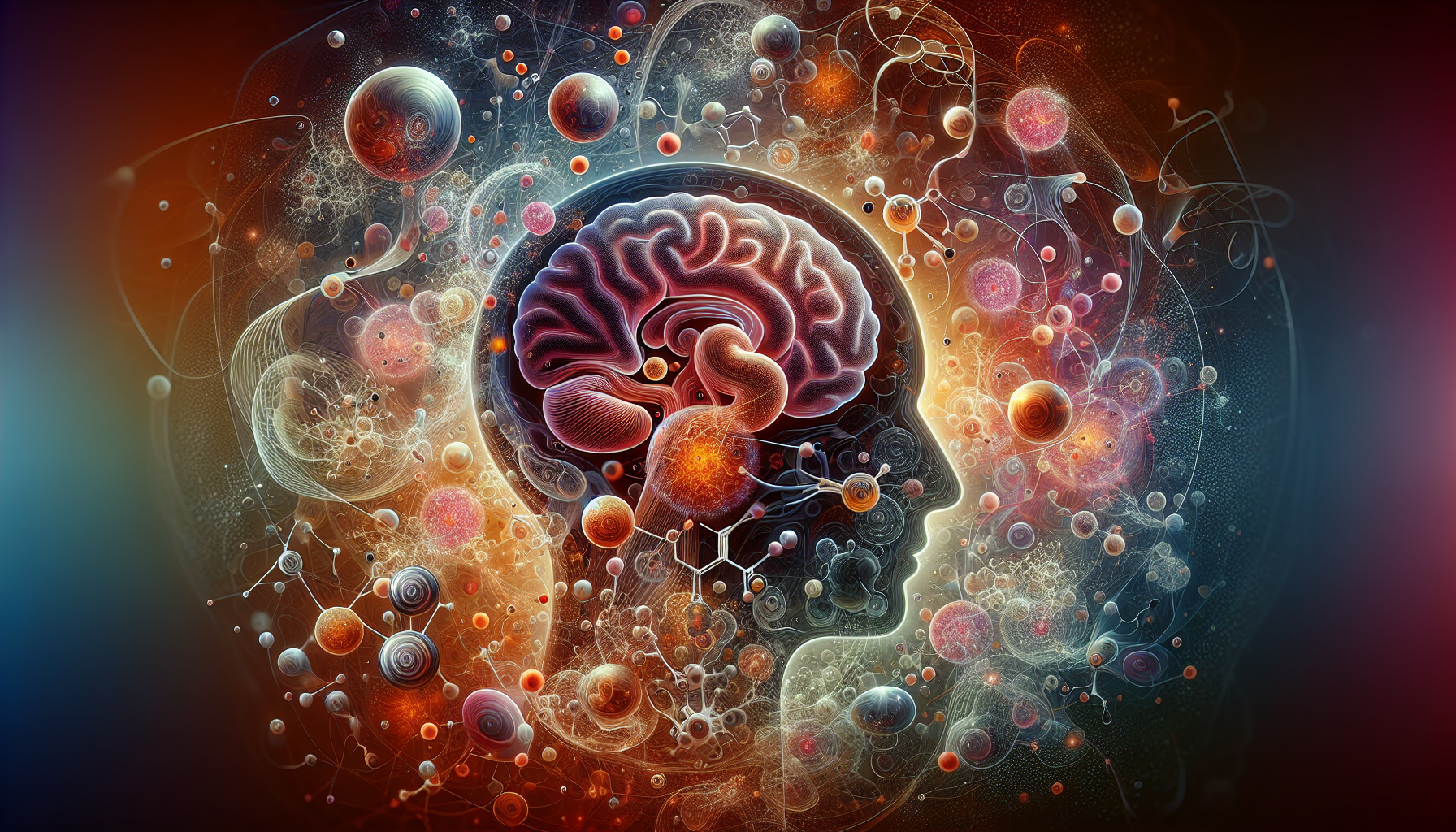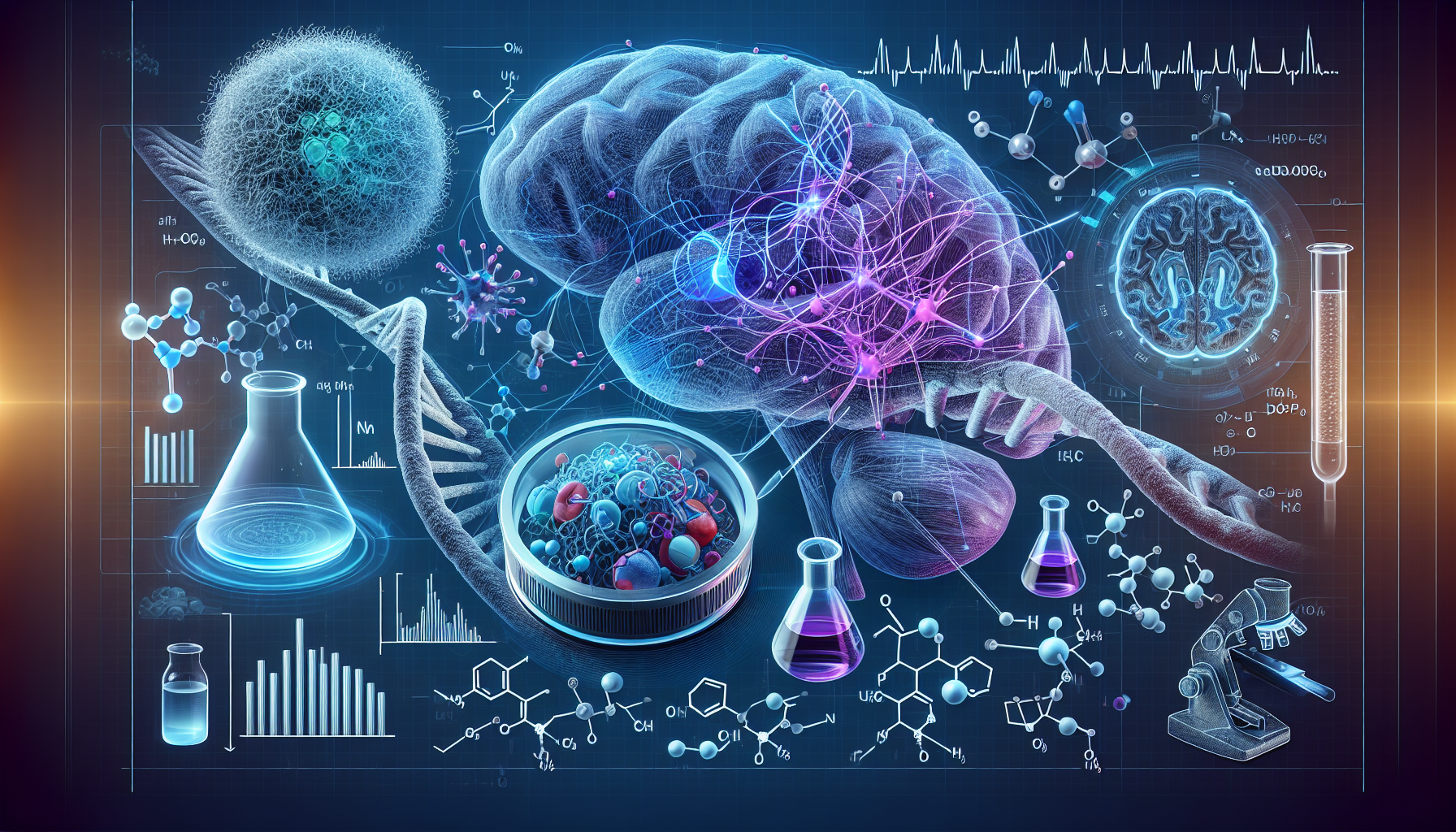Exploring Parasomnias: From REM Behavior Disorder to Sleepwalking
Key Takeaways
- Parasomnias are sleep disorders involving unusual behaviors or experiences during specific sleep stages, with REM and non-REM distinctions being crucial for diagnosis and treatment.
- REM behavior disorder, which involves acting out dreams due to a failure in the body's normal paralytic mechanisms during REM sleep, may serve as an early indicator of neurodegenerative diseases like Parkinson's and dementia.
- REM sleep plays a critical role in brain health, aiding in memory consolidation, emotional regulation, and potentially reducing anxiety and depression, with ongoing research promising advances in both sleep disorder treatments and neuroprotective strategies.
Did You Know?
Introduction to Parasomnias
Parasomnias encompass a range of sleep disorders characterized by unusual behaviors, perceptions, and experiences that occur during different sleep stages or transitions between sleep and wakefulness. These disorders are broadly classified into categories based on the sleep stage during which they occur, such as non-rapid eye movement (non-REM) and rapid eye movement (REM) parasomnias, as well as those not specific to any sleep stage.
Understanding the origin and nature of these sleep disturbances is crucial for effective diagnosis and management. They may arise primarily from the sleep stages themselves, like sleepwalking, or as secondary manifestations of other underlying medical or psychiatric conditions, such as nocturnal panic attacks.
Insights from the 2024 American Academy of Neurology Annual Meeting
The recent American Academy of Neurology Annual Meeting in Denver highlighted significant insights into parasomnias, with a focus on REM behavior disorder. Experts like Dr. Alberto Ramos discussed the impact of various factors, including the COVID-19 pandemic, on sleep patterns and the importance of early recognition and treatment of sleep disorders.
The conference also delved into the diagnostic criteria, risk factors, and therapeutic approaches for managing parasomnias, emphasizing the need for tailored treatments based on whether the disorder is associated with REM or non-REM sleep.
REM Behavior Disorder and Neurodegenerative Links
REM behavior disorder is particularly notable for its potential connection to neurodegenerative diseases later in life. This disorder involves the acting out of dreams, a symptom caused by the malfunction of mechanisms that normally paralyze the body during REM sleep. The session explored the hypothesis that this disorder could be an early indicator of neurodegenerative diseases like Parkinson's disease and dementia.
Although the exact mechanisms linking REM behavior disorder to these conditions are not fully understood, the identification of this disorder could play a crucial role in the early detection and possibly the prevention of such neurodegenerative diseases.
The Role of REM Sleep in Brain Health
REM sleep is believed to serve several critical functions in brain health, including the consolidation of memories and the regulation of emotional health. Theories suggest that REM sleep helps process emotionally charged experiences and may aid in reducing symptoms of anxiety and depression.
Furthermore, REM sleep is thought to facilitate complex brain functions such as memory association and temperature regulation within the brainstem, highlighting its importance beyond mere sleep architecture.
Future Directions in Sleep Disorder Research
Looking ahead, the research into the interplay between sleep disorders and neurocognitive diseases holds promising potential for breakthroughs in both fields. The ongoing studies into Alzheimer's disease and other neurocognitive disorders may benefit significantly from a deeper understanding of sleep processes, particularly REM sleep and its disorders.
As research continues to evolve, the hope is that new treatments will emerge that not only address the symptoms of sleep disorders but also offer neuroprotective benefits that could delay or prevent the onset of neurodegenerative diseases.






